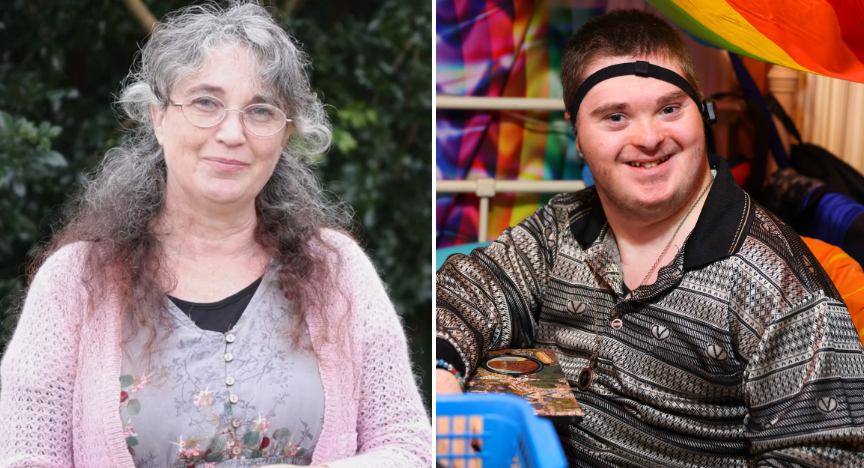
Joshua Mitchell, known to those around him as Joshy, was born with multiple disabilities and complex health conditions which have grown in severity as he has grown older.
His mother Toni is a strong advocate for him, and over the years has fought to break down barriers to improve health literacy for the benefit of her son.
What is health literacy, you may ask? It is how easily you can find, talk about, and understand health information to make decisions about your healthcare.
“Before Joshy was born, my health literacy was very basic, but as he has grown and we have traversed his health issues and hospitals, surgeries and diagnoses, our health literacy has grown too,” Toni said.
Navigating the often complex healthcare system has been a learning curve for both Joshy and Toni.
“In the beginning, I read lots of books but still didn’t question what I was told very much.
“Over the years, I have learnt more, spoken up more and been much more involved in the decision-making process and discussions about what was happening with him.
“I have also been very involved in teaching the staff more about how to communicate directly with Joshy, so he has a say in what they are doing to him.”
Toni said health literacy is very important because it means that they have an informed, educated, and valid input into Joshy’s healthcare and a voice that is heard.
“Joshy and I have both learnt to never blindly accept what we are told, but to actively participate in the conversations.
“Being health literate is more than understanding terms, but also knowing medicines, names, dosages and what they are for, the same for procedures and conditions.
“The best way to understand what is going on is to learn as much as you can. Ask questions, write down notes, practice and connect with others who can support you, and relay what staff have instructed to show your comprehension.”
Toni encourages anyone who may feel overwhelmed at medical appointments to think about their own health literacy and to not be afraid to speak up.
“It is OK to say no, to say wait, to ask for more information, and for it to be explained again or in a way that you understand.
“It’s also OK to ask for time to process things and research more before agreeing to anything.”
Health literacy is for everyone – patients, family members and staff, no matter what their role.
“Health literacy is about how we communicate, how we learn and how we understand everything going on,” Toni said.
“Joshy has taught me that having a high health literacy is essential to ensure good health.
“And health really is the most important issue in life.”